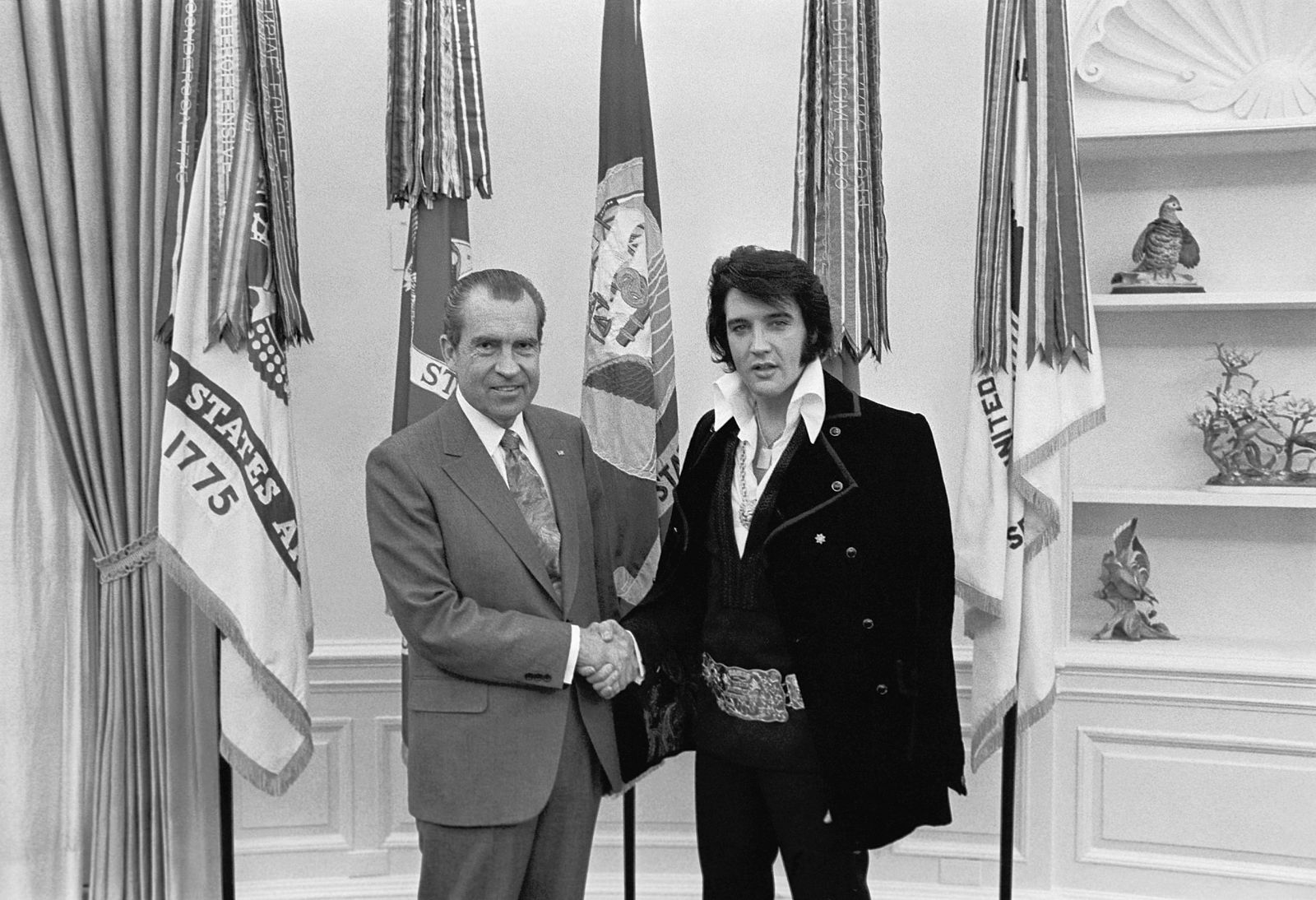An Architect Of The War On Drugs Confirmed Your Worst Suspicions

By:
The War on Drugs was presented in the 1970s as a response to a supposed public health crisis, but the was not the real motivation. A new story in Harper's Magazine quoting a top aide to President Richard Nixon suggests that it was actually a convenient way for the Nixon Administration to target its perceived political enemies: anti-Vietnam War protesters and the Black community.
"America's public enemy number one in the United States is drug abuse," Nixon said at a press conference on June 17, 1971, effectively initiating the War on Drugs. "In order to fight and defeat this enemy, it is necessary to wage a new, all-out offensive."
ATTN: has explained before that there's evidence that the War on Drugs was more about racist ideologies than public health. Now, Harper's writer Dan Baum has unearthed a 1994 quote from former Nixon aide and Watergate conspirator John Ehrlichman confirming that the War on Drugs was just that.
 Wikimedia/Ollie Atkins - wikimedia.org
Wikimedia/Ollie Atkins - wikimedia.org
Baum quotes Ehrlichman — who was Nixon's domestic policy chief at the time the War on Drugs was formulated — confirming that it was more about political goals than social improvement. (Baum was writing a book on drug prohibition when Ehrlichman dropped his bombshell.) Here's the quote:
"You want to know what this was really all about?" he asked with the bluntness of a man who, after public disgrace and a stretch in federal prison, had little left to protect. "The Nixon campaign in 1968, and the Nixon White House after that, had two enemies: the antiwar left and Black people. You understand what I'm saying? We knew we couldn't make it illegal to be either against the war or Black, but by getting the public to associate the hippies with marijuana and Blacks with heroin, and then criminalizing both heavily, we could disrupt those communities. We could arrest their leaders, raid their homes, break up their meetings, and vilify them night after night on the evening news. Did we know we were lying about the drugs? Of course we did."
Not long after the War on Drugs began, Ehrlichman and the rest of the Nixon White House found themselves embroiled in the Watergate scandal; Ehrlichman himself was convicted of multiple felonies and served a year and a half in prison; he died in 1999. Nixon resigned in 1974, the only U.S. president to do so; he died in 1994.
The revelation of this new quote is in line with other evidence about the genesis of the War on Drugs and should prompt Americans to wonder what else was being discussed behind closed doors, as Vox reported.
